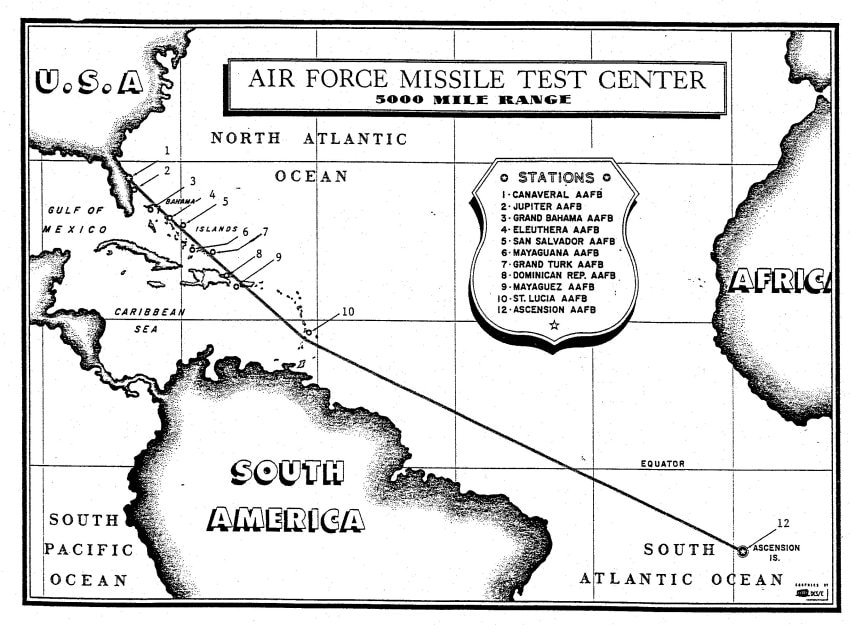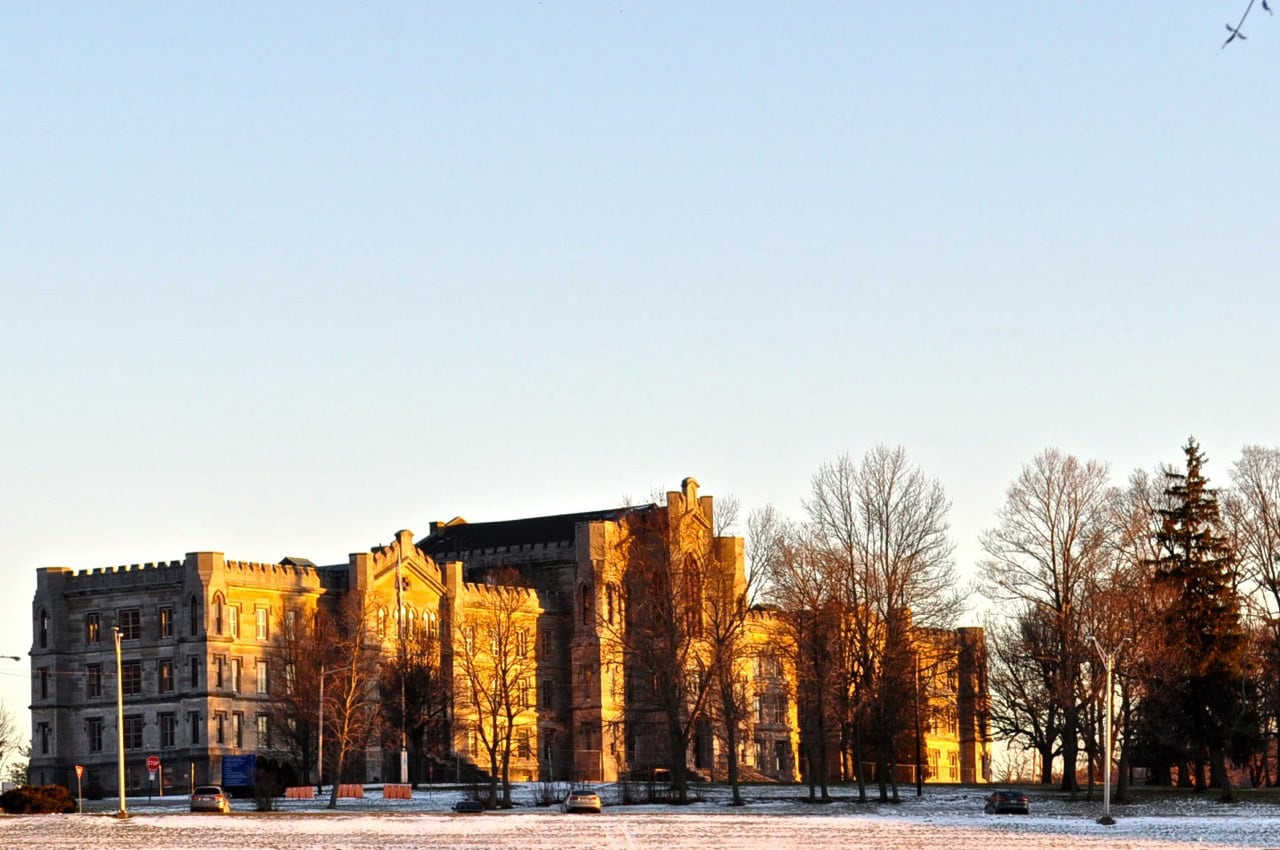Sam Cooke’s classic R&B song aside, we know a thing or two about history, but how about biology? If those high school natural science courses have worn off, then brush up at the annual meeting, which will feature a pair of sessions on History and Biology.
To utilize the Annales School for a moment, it can be argued that few processes operate on a longer durée than evolution and a population’s relation to its environment, and papers on these two panels argue that our human histories still carry a very real aspect of natural biological processes within them. For instance, “Octopuses and Ottonians” finds remarkable similarities between the adaptive strategies of the sea creature and the 10th-century European dynasty, and “When Is a Cow Not a Cow?” shows how a static vernacular around cattle species obscured the biological and social development of differences in subsequent centuries of animal husbandry.
The sessions will also explore a group of questions about the intersections of history and science and what can be gained by this interdisciplinary collaboration. Are there certain ways of thinking about historical change that are shared by history and the life sciences? Can biology be incorporated into existing methodologies to help inform historians and generate historical arguments?
Ultimately these sessions offer a view of how history and the sciences can both benefit by working in harmony.
History and Biology: Doing History with Biology
AHA Session 197
Sunday, January 4, 2015: 11:30 AM-1:30 PM
Lenox Ballroom (Sheraton New York, Second Floor)
Chair:
Edmund Russell, University of Kansas
Papers:
History and the Evolutionary Behavioral Sciences: Toward a Model of Interdisciplinary Collaboration
Dan O’Brien, Harvard University
Rethinking Transformation and Emergence: Cattle, E. coli O157:H7, and Evolutionary History
Christopher J. Otter, Ohio State University
Octopuses and Ottonians: The Possibilities of Biological Systems Theories for Historical Inquiry
Laura Wangerin, University of Wisconsin–Madison
Comment:
Harriet Ritvo, Massachusetts Institute of Technology
History and Biology: History and Evolution
AHA Session 223
Sunday, January 4, 2015: 2:30 PM-4:30 PM
Bryant Suite (New York Hilton, Second Floor)
Chair:
Julia Adeney Thomas, University of Notre Dame
Papers:
Convergence or Coevolution? Ishikawa Chiyomatsu and the Problem of Japanese Modernization
Ian Jared Miller, Harvard University
When Is a Cow Not a Cow?
Harriet Ritvo, Massachusetts Institute of Technology
The Implications of Epigenetic Research for the Study of History
Randolph Roth, Ohio State University
Comment:
Daniel L. Smail, Harvard University
This post first appeared on AHA Today.
This work is licensed under a Creative Commons Attribution-NonCommercial-NoDerivatives 4.0 International License. Attribution must provide author name, article title, Perspectives on History, date of publication, and a link to this page. This license applies only to the article, not to text or images used here by permission.


